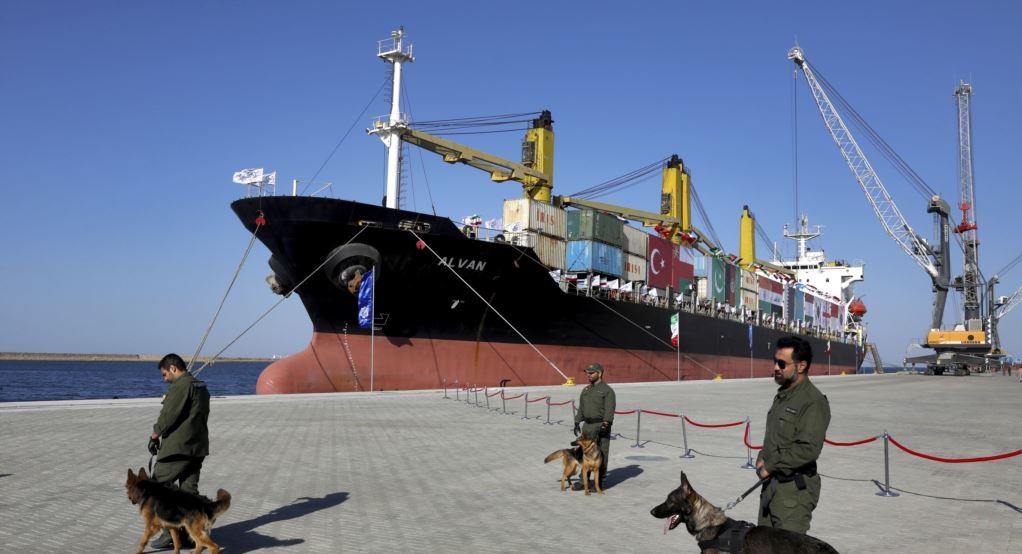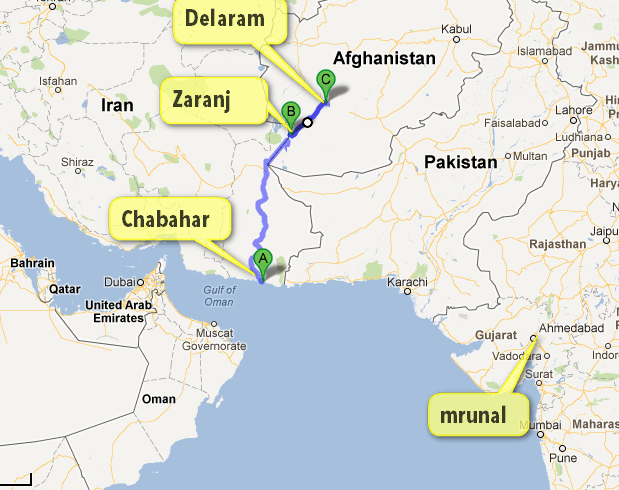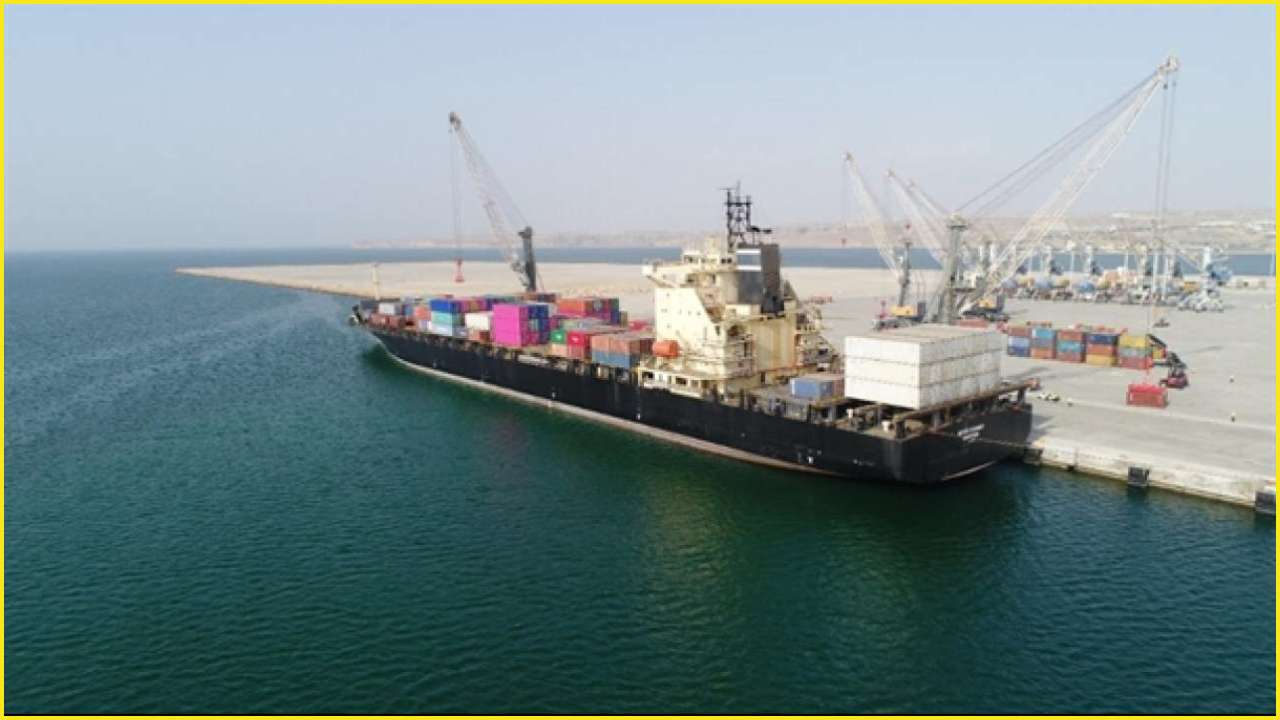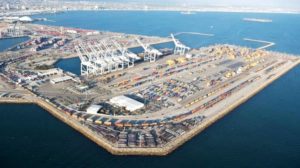Afghan officials say their landlocked country’s exports have visibly improved over the past year compared with the year before.
Publish dateThursday 3 January 2019 - 06:52
Story Code : 177099
AVA- Ajmal Hamid Abdulrahimzai, Afghanistan’s deputy industry and commerce minister, says his country’s exports in the first nine months of 2018 increased nearly 20 percent compared with the same period the previous year.
“Fortunately, our exports have been increasing during the past few years, and we are doing everything to enhance this trend,” he told journalists in Kabul on January 2. “With the help of the private sector, we are now implementing our national strategy for exports, which was approved by the cabinet earlier.”
Abdulrahimzai says Kabul exported some 5,200 tons of Afghan goods worth more than $100 million from January through September in 406 cargo flights through nine air corridors. These air corridors marked a significant boost in the overall volume of Afghan exports, which were estimated at more than $830 million in 2017.
The goods included dried fruit, fresh fruits, vegetables, saffron, marble, granite, carpets, and precious stones. “At present, Afghanistan exports goods through the Kabul-Delhi, Kabul-Mumbai, Kabul-Riyad, Kabul-Istanbul, Kabul-Dubai, Kabul-Almaata, Kabul-Russia, Afghanistan-EU, and Afghanistan-China air corridors,” the ministry said in a January 2 statement.
Abdulrahimzai says Afghanistan made significant progress in opening new trade routes to the landlocked country. Last month, the first shipment of Afghan goods made it to Turkey via Turkmenistan, Azerbaijan, and Georgia. The four countries form a new trade route known as the Lapis Lazuli Corridor, which links Afghanistan to European markets.
In late December, India formally assumed operations at Iran's strategic southeastern port of Chabahar. New Delhi has funded the Indian Ocean port. The development entails significant implications as it will enable India to bypass archrival Pakistan in trading with Afghanistan and Central Asia.
Saifuddin Saihun, an economics professor at Kabul University, however, says Kabul still has a long way to go to build a vibrant economy. He recommends the Afghan government work on attracting greater investments that will invariably enhance exports and boost domestic revenues.
“The commerce can only boost with the increase in productivity, investments, security of trade routes, development of infrastructure and sustainable production, and distribution of energy resources,” he noted.
“Fortunately, our exports have been increasing during the past few years, and we are doing everything to enhance this trend,” he told journalists in Kabul on January 2. “With the help of the private sector, we are now implementing our national strategy for exports, which was approved by the cabinet earlier.”
Abdulrahimzai says Kabul exported some 5,200 tons of Afghan goods worth more than $100 million from January through September in 406 cargo flights through nine air corridors. These air corridors marked a significant boost in the overall volume of Afghan exports, which were estimated at more than $830 million in 2017.
The goods included dried fruit, fresh fruits, vegetables, saffron, marble, granite, carpets, and precious stones. “At present, Afghanistan exports goods through the Kabul-Delhi, Kabul-Mumbai, Kabul-Riyad, Kabul-Istanbul, Kabul-Dubai, Kabul-Almaata, Kabul-Russia, Afghanistan-EU, and Afghanistan-China air corridors,” the ministry said in a January 2 statement.
Abdulrahimzai says Afghanistan made significant progress in opening new trade routes to the landlocked country. Last month, the first shipment of Afghan goods made it to Turkey via Turkmenistan, Azerbaijan, and Georgia. The four countries form a new trade route known as the Lapis Lazuli Corridor, which links Afghanistan to European markets.
In late December, India formally assumed operations at Iran's strategic southeastern port of Chabahar. New Delhi has funded the Indian Ocean port. The development entails significant implications as it will enable India to bypass archrival Pakistan in trading with Afghanistan and Central Asia.
Saifuddin Saihun, an economics professor at Kabul University, however, says Kabul still has a long way to go to build a vibrant economy. He recommends the Afghan government work on attracting greater investments that will invariably enhance exports and boost domestic revenues.
“The commerce can only boost with the increase in productivity, investments, security of trade routes, development of infrastructure and sustainable production, and distribution of energy resources,” he noted.
Source : خبرگزاری Afghn Voice Agency(AVA)
avapress.net/vdccomqso2bqmx8.-ya2.html
Tags
Top hits












